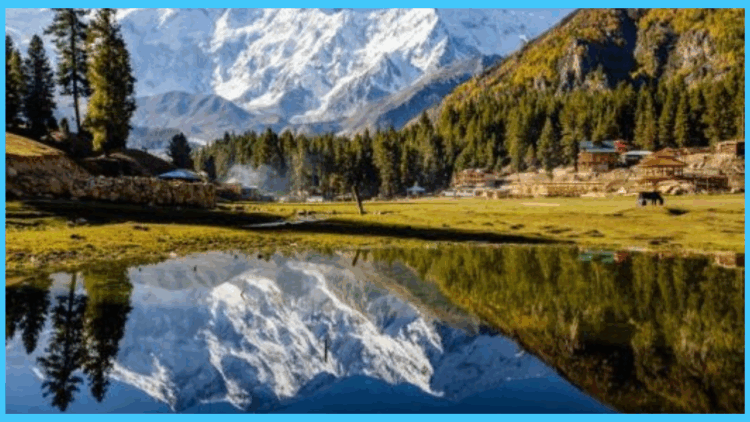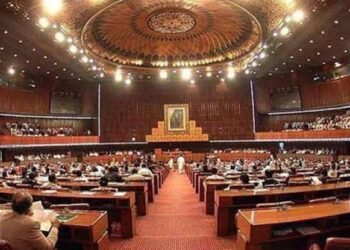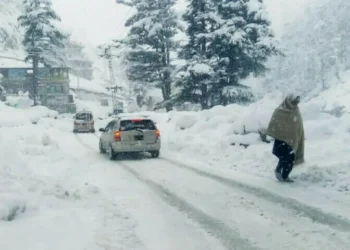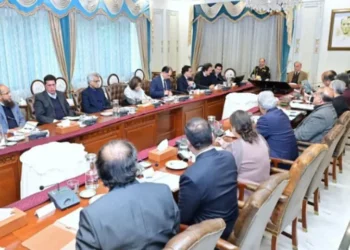GILGIT; Unprecedented climate disasters and multiple external factors have caused a drastic decline in both domestic and foreign tourism in Gilgit-Baltistan this year, dealing a severe blow to the local economy.
According to officials, international conflicts, natural disasters, and other challenges have slashed tourism by nearly 90 percent across the region. In a special report for an English daily, journalist Jamil Nagri noted the extent of the crisis.
Assistant Director of Gilgit-Baltistan’s Tourism Department, Sajid Hussain, revealed that only 270 foreign climbers visited the region this year, aiming to scale peaks such as K2, Broad Peak, Gasherbrum I & II, and Nanga Parbat. Last year, the number had exceeded 2,000. He added that harsh weather forced most climbers to abandon their expeditions mid-way. Rockfalls, avalanches, and fierce winds compelled many to return from base camps without completing their missions.
Official figures show that just 40 climbers successfully summited K2 this season, 25 scaled Nanga Parbat, and around a dozen reached the top of Gasherbrum I.
Director of Tourism, Iqbal Hussain revealed that last year, nearly 24,000 foreign tourists entered Gilgit-Baltistan without permits, while domestic visitors numbered close to one million. “This year,” he said, “the situation is alarming as arrivals of both local and foreign tourists have dropped by 90 percent.”
Tour operator Asghar Ali Purik attributed the sharp fall to several factors: a legal dispute between the Tourism Department and operators over permit fee hikes, escalating tensions between Iran and Israel, strained Pakistan-India relations, and unpredictable mountain weather.
On the Karakoram Highway, a roadside tea stall owner lamented: “Tourist season usually runs from May to October, but I’ve never seen such days when no customer shows up and I return home empty-handed.”
Like him, hoteliers, shopkeepers, transporters, porters, and tour operators are all facing major financial losses. Haider Abbas, owner of Gilgit Looms, said his business has been badly hit. “I invested billions, but now it is difficult even to pay shop rent and staff salaries,” he said.





































































